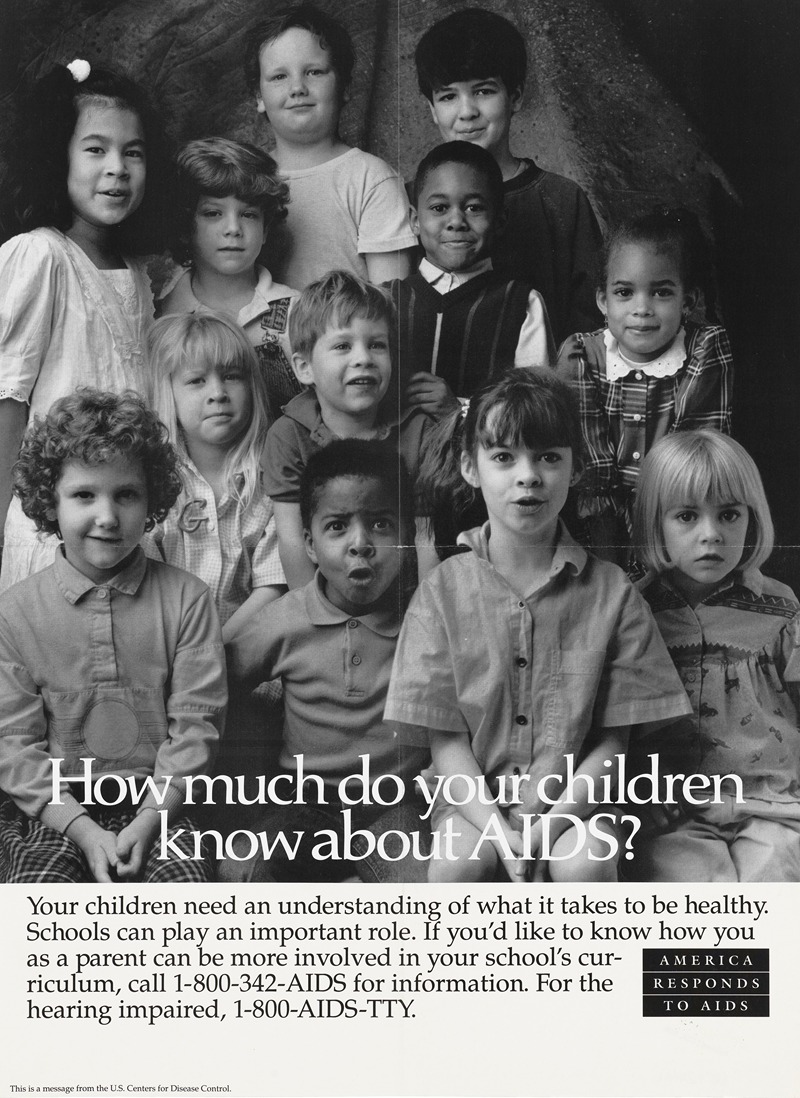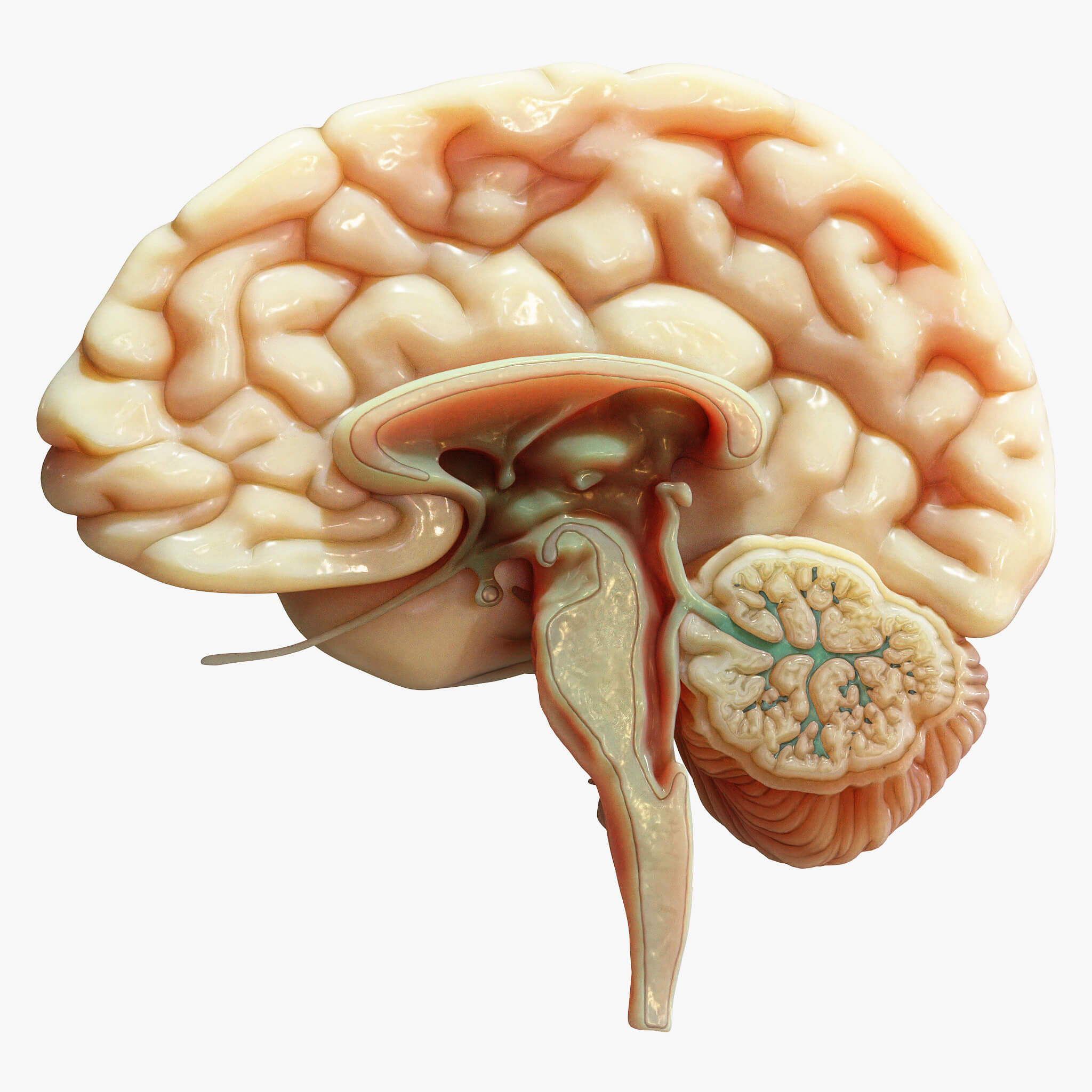 Most mother and father of teenagers face a minimum of just a little anxiety on the considered their babies behind the wheel. It's not unfounded: Car crashes are the No. 1 cause of death for U.S. But watching them drive off is practically unavoidable. For many kids, healthy brain function driving is a significant step within the quest for independence. So it is a great factor for teenagers to learn to drive, and the risk has been decreasing since states began implementing mandatory follow hours and a slower development from learner's permit to full licensure. Still, irrespective of the hours of follow, it is laborious to know what sort of driver your child will be with out you around. Is he paying more attention to his buddies than to the road? Is she dashing in a rain storm? Ultimately, it is as much as you to gauge whether or not your teen is prepared to function a car safely while you are not watching. A variety of that willpower is subjective, but following some guidelines can show you how to make the correct alternative -- and Alpha Brain Health Gummies possibly really feel barely less anxious the primary (or 50th) time you watch your kid drive off alone.
Most mother and father of teenagers face a minimum of just a little anxiety on the considered their babies behind the wheel. It's not unfounded: Car crashes are the No. 1 cause of death for U.S. But watching them drive off is practically unavoidable. For many kids, healthy brain function driving is a significant step within the quest for independence. So it is a great factor for teenagers to learn to drive, and the risk has been decreasing since states began implementing mandatory follow hours and a slower development from learner's permit to full licensure. Still, irrespective of the hours of follow, it is laborious to know what sort of driver your child will be with out you around. Is he paying more attention to his buddies than to the road? Is she dashing in a rain storm? Ultimately, it is as much as you to gauge whether or not your teen is prepared to function a car safely while you are not watching. A variety of that willpower is subjective, but following some guidelines can show you how to make the correct alternative -- and Alpha Brain Health Gummies possibly really feel barely less anxious the primary (or 50th) time you watch your kid drive off alone.
 Or worse, with three associates in the automobile, music blasting, and french fries in his lap. But first things first: Alone, with no distractions, how ready is your child to deal with the myriad hazards of the highway? All 50 states have some variation of graduated driver's licensing, or GDL, which eases drivers via phases of increasing independence behind the wheel. The intermediate license, which lasts from six months to two years, throughout which a teen can drive unsupervised however with restrictions (for example, limits on evening-time driving and the number of passengers allowed in the car). After the preliminary, supervised learning stage and the restricted, intermediate stage, it's possible you'll feel assured your youngster is aware of the foundations of the street and can drive properly under regular conditions. What she or he lacks, nonetheless, is experience. To evaluate larger-level expertise, take your teen out driving at night, in bad weather, in heavy traffic, by way of building zones, and on highways to practice navigating on-- and - off ramps (particularly ones with tight turns), merging, and changing lanes at high speeds.
Or worse, with three associates in the automobile, music blasting, and french fries in his lap. But first things first: Alone, with no distractions, how ready is your child to deal with the myriad hazards of the highway? All 50 states have some variation of graduated driver's licensing, or GDL, which eases drivers via phases of increasing independence behind the wheel. The intermediate license, which lasts from six months to two years, throughout which a teen can drive unsupervised however with restrictions (for example, limits on evening-time driving and the number of passengers allowed in the car). After the preliminary, supervised learning stage and the restricted, intermediate stage, it's possible you'll feel assured your youngster is aware of the foundations of the street and can drive properly under regular conditions. What she or he lacks, nonetheless, is experience. To evaluate larger-level expertise, take your teen out driving at night, in bad weather, in heavy traffic, by way of building zones, and on highways to practice navigating on-- and - off ramps (particularly ones with tight turns), merging, and changing lanes at high speeds.
Basically, if a maneuver makes you a bit of tense when you're driving, observe it loads along with your little one on the wheel. A number of expertise deserve special attention. While adults actually get distracted, too, some traits of adolescence make kids extra susceptible. Safe driving practices on the whole are not at all times effectively-supported by the teenaged mind. Teens and Cars Now not in Love? As GDL programs turned the norm in the U.S. In 1983, forty six p.c of 16-yr-olds held driver's licenses. In 2010, just 28 p.c had licenses. Many teenagers seem to be waiting until they move 18 to allow them to go straight for an unrestricted license. You can say bad driving is in the teenage mind - or extra specifically, the prefrontal cortex, which is chargeable for "govt features" like drawback-fixing, multitasking, planning, impulse control, and attentiveness. It does mean it's essential to take particular care to assess your kid's maturity level earlier than handing over the keys.
Does he/she follow rules? Does he/she appreciate the implications of his/her actions and keep away from unnecessary risks? Does he/she usually resist peer strain? Does he/she take duties severely? These questions overlap, and you could not have all the answers. These are traits to watch for, although, in the months main as much as an intermediate or full driver's license, because they help indicate your kid's general capability for good judgment. A toddler who respects the rules, has a track report of resisting peer stress, and understands the risks related to driving - and, after all, has wonderful driving abilities -- is a good candidate for Alpha Brain Focus Gummies going it alone. Still, even the most accountable teen driver embarks on a excessive-danger first 12 months on the highway. And whereas you could not all the time be there to look at and advise, there are steps you'll be able to take to scale back the chance of an accident. When you decide your youngster isn't quite able to go it alone, try to make it a dialogue.
When she or he stops slamming doors, explain the way you arrived at your choice and what precisely you are on the lookout for, and work together to put out a plan for reaching the goal, together with scheduled apply instances and reassessments. So consider holding off on including another automobile to your roster (or else simply hold on to the keys). This is a doc, signed by you and your baby, itemizing the phrases of your teen's driving privileges - the principles your little one must follow both on and off the road, and the particular consequences of breaking them. The commonest guidelines are obvious ones, like always wearing a seatbelt, never driving beneath the influence, obeying site visitors legal guidelines and by no means texting while driving. Off the street, Alpha Brain Focus Gummies your teen may have to take care of certain grades and/or contribute a certain amount toward the automotive insurance coverage. Finally, Alpha Brain Focus Gummies there may be the high-tech strategy. You can, actually, know exactly what sort of driver your baby is when you are not around. Electronic monitoring is available in many types, including GPS-based mostly apps and in-car items that faucet right into a car's pc diagnostics. They can let mother and father know, sometimes in actual time, when their kids velocity or slam on the brakes. They are often notified when the car is in use after curfew or stops at an unplanned vacation spot. Whatever safety plan you settle on, remember to review it collectively periodically, and consider making changes as your teen becomes a extra skilled driver. The aim, in spite of everything, is independence.

